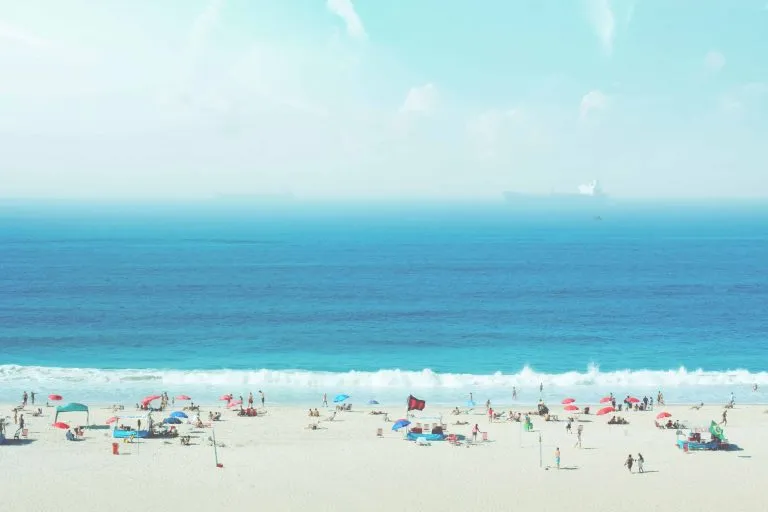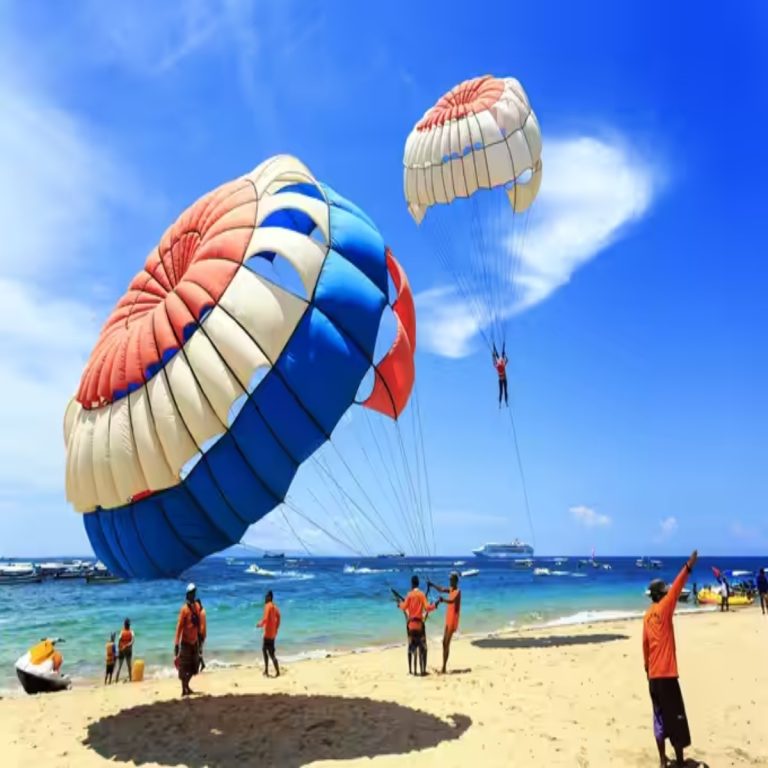Mindful Shores: A Guide to Respectful Beach Conduct
The soothing rhythm of the waves, the warmth of the sun, and the wide horizon all add to the beach’s allure, which is universal. But it takes a shared sense of etiquette to share these priceless natural areas with others. By following a few easy rules, everyone can appreciate the coast’s beauty and keep it in immaculate condition. In addition to avoiding rudeness, practicing mindful behavior on the beach promotes harmony and shows respect for other beachgoers as well as the fragile ecosystem that exists along the shore.
Do’s:
- Do Pack Out Everything You Pack In: This is perhaps the golden rule of beach etiquette. Every piece of trash, from plastic bottles and food wrappers to forgotten toys, must leave the beach with you. Even seemingly biodegradable items can take a long time to break down and can harm wildlife.
- Do Use Designated Bins When Available: If there are clearly marked trash and recycling bins, make full use of them. These facilities are provided to help maintain cleanliness and manage waste responsibly.
- Do Respect Others’ Personal Space: Beaches can get crowded, especially during peak seasons. Try to set up your towel or blanket at a reasonable distance from others, allowing everyone a comfortable buffer zone. Avoid setting up directly in front of someone who is trying to enjoy a clear view of the ocean.
- Do Keep Noise Levels Respectful: While it’s fine to enjoy music or conversation, be mindful of the volume. What might be enjoyable for you could be disruptive to others seeking peace and quiet. Use headphones if you want to listen to music loudly.
- Do Be Mindful of Children and Pets: While children’s laughter is part of the beach experience, ensure they are not running wildly through other people’s setups or kicking sand onto unsuspecting sunbathers. If pets are permitted, keep them leashed and under control, and always clean up after them immediately.
- Do Observe Local Regulations and Signage: Pay attention to any posted signs regarding swimming conditions, prohibited activities (like bonfires or glass containers), or protected areas. These rules are in place for safety and environmental preservation.
- Do Shake Sand Off Before Leaving: Before getting into your car or leaving the beach access point, take a moment to shake excess sand off towels, bags, and feet. This helps keep public areas cleaner and prevents tracking sand into vehicles or accommodations.
- Do Leave Shells and Natural Elements Where You Find Them (Mostly): While collecting a few common shells as souvenirs is generally acceptable, avoid taking large quantities, live creatures, or unique geological formations. Leave the beach’s natural treasures for others to discover and to support the ecosystem.
- Do Protect the Dunes and Vegetation: Dunes and coastal vegetation play a crucial role in preventing erosion and providing habitats for wildlife. Stick to designated pathways and avoid walking or playing on these fragile areas.
- Do Be Aware of Tides and Currents: For your own safety and the safety of others, understand the local tidal patterns and be aware of any strong currents. Never swim alone, and always adhere to warnings from lifeguards.
- Do Offer Help if Needed: If you see someone struggling, whether it’s with a rogue beach umbrella or a child in distress, offer assistance if you can safely do so. A little kindness goes a long way in creating a positive beach community.
Don’ts:
- Don’t Leave Any Trash Behind: This bears repeating. Any discarded item, no matter how small, pollutes the environment and detracts from the beauty of the beach.
- Don’t Feed Wildlife: Feeding birds, fish, or other animals disrupts their natural foraging habits, can make them dependent on humans, and may expose them to unhealthy foods.
- Don’t Play Loud Music or Make Excessive Noise: Respect the peace and quiet that many people seek at the beach. Your playlist might not be everyone’s cup of tea.
- Don’t Bury Trash in the Sand: Burying waste is not disposing of it. It simply hides the problem, potentially harming wildlife and polluting the sand and water.
- Don’t Dig Large, Deep Holes That Are Left Unfilled: Large holes can be dangerous hazards for other beachgoers, especially children and animals. If you dig a hole, fill it in completely before you leave.
- Don’t Bring Glass Containers: Glass can break, creating dangerous shards that can injure bare feet. Opt for plastic or reusable containers instead.
- Don’t Disturb Marine Life: Avoid touching, chasing, or otherwise harassing marine animals, including fish, crabs, and sea turtles. Observe them from a respectful distance.
- Don’t Use Soaps or Shampoos Directly in the Ocean: Chemicals from these products can harm marine ecosystems. Use outdoor showers or rinse off at home.
- Don’t Smoke and Leave Butts in the Sand: Cigarette butts are a significant source of pollution. If you must smoke, use a portable ashtray and dispose of butts properly.
- Don’t Walk Through Other People’s Setups: Be considerate and walk around towels, blankets, and chairs rather than directly through them.
- Don’t Ignore Lifeguard Instructions: Lifeguards are there for everyone’s safety. Their instructions are paramount and should always be followed without question.
By keeping these do’s and don’ts in mind, we can all contribute to making every beach visit a positive and memorable experience for everyone, ensuring these natural treasures remain beautiful and healthy for generations to come.





